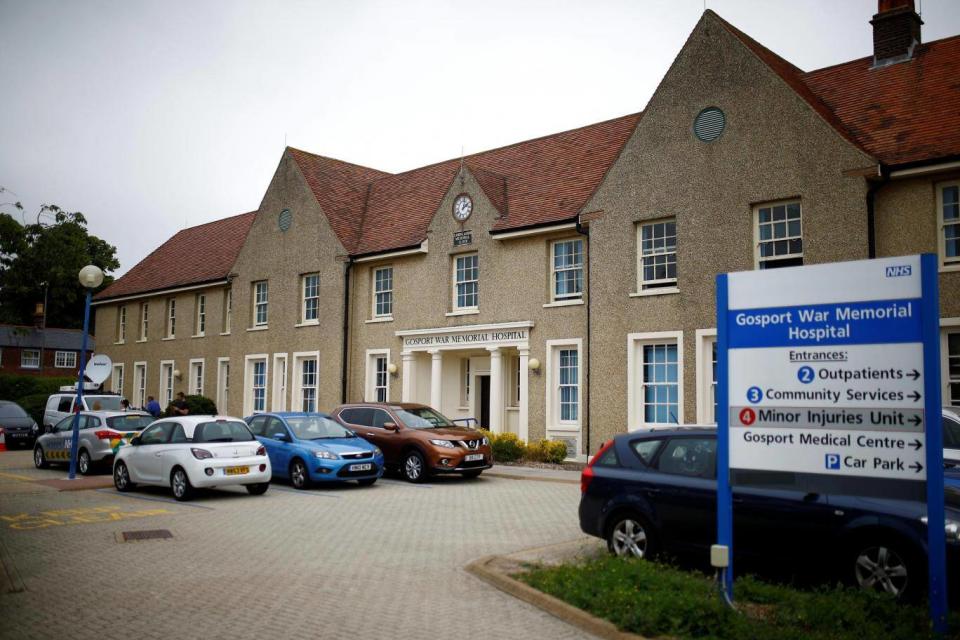NHS use of ‘fatal’ syringes to be examined, says Jeremy Hunt

Claims the NHS was slow to take a potentially deadly syringe system out of service are to be examined, the health secretary, Jeremy Hunt, has promised.
He made the pledge after a whistleblower said the devices – used to administer opioid painkillers – may have caused widespread deaths among elderly hospital patients.
The syringes remained in service until 2015, despite official warnings from as early as the Nineties that they posed a fatal risk if used incorrectly. Doctors were especially concerned because they said such user error could happen easily.
Mr Hunt told the BBC: “We need to be absolutely certain that the NHS does react as quickly as possible when you have suggestions a piece of equipment is not safe.
“Urgent guidance was sent out in 2010 and they were finally removed from use in 2015 but we will look at whether that was as quick as it should have been.”
Doctors were concerned that staff confusing two different models of the syringe could result in a day’s dose of drugs being delivered to a patient in a single hour.
The instruments – called Graseby MS26 and Graseby MS16A – were both loaded with capsules and programmed to release drugs into a patient’s bloodstream. However, one did so over a 24-hour period; the other in just one hour.
Because the two models looked so similar, there are suggestions mistakes could have caused overdoses.
The new claims follow last week’s public inquiry report which found at least 450 patients died after being given overly powerful painkillers at Gosport War Memorial Hospital in Hampshire.

Speaking to The Times, the whistleblower said that the inquiry’s panel had all but ignored evidence the syringes could have caused fatalities because they were worried that an incident at a single hospital could turn into a nationwide scandal. The newspaper claimed the syringes were also linked to overdose-related deaths in Wales, Yorkshire, Derbyshire, Devon and Cornwall.
“Anyone who has lost their granny over the past 30 years when opiates were administered by this equipment will be asking themselves: ‘Is that what killed granny?’” the whistleblower is reported to have said.
But Mr Hunt said the idea the panel would not have highlighted the syringe as a possible factor was wrong.
He said: “If they thought there was an issue with the syringe drivers I know they would have said so.”
A Department of Health and Social Care spokesman said: “While there is a range of statutory requirements to monitor and improve safe management and use of controlled drugs, we would not hesitate to take further action to improve safety.”

 Yahoo News
Yahoo News 
